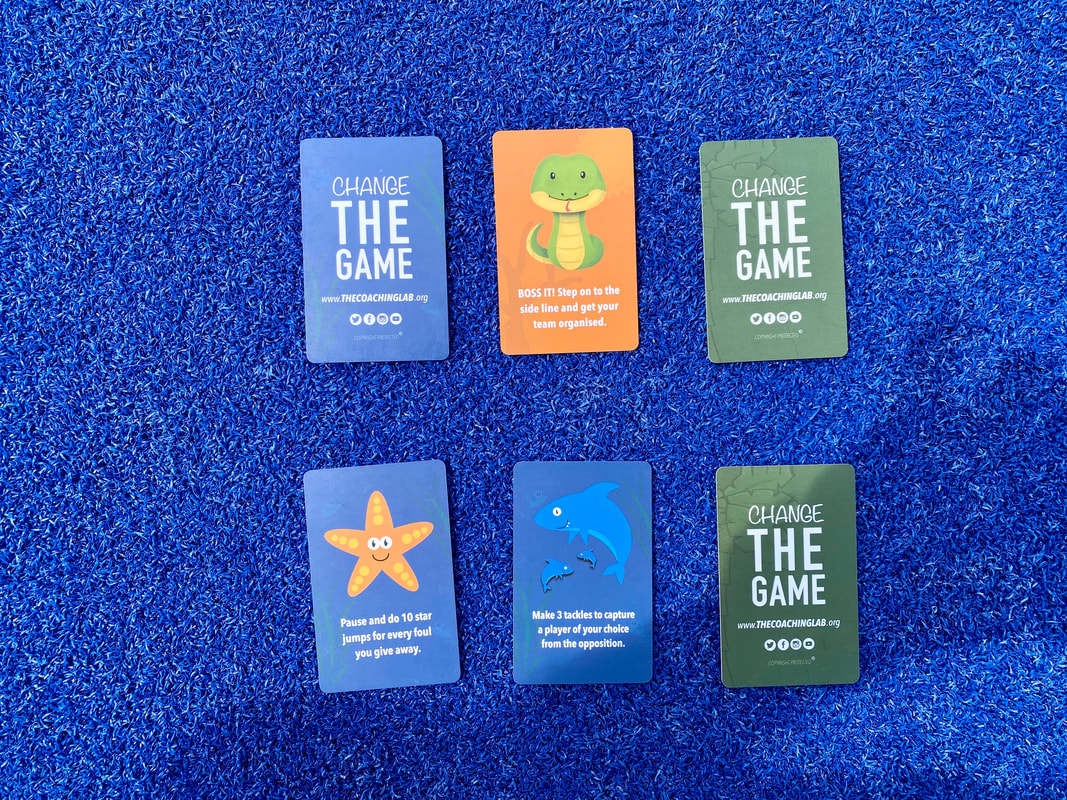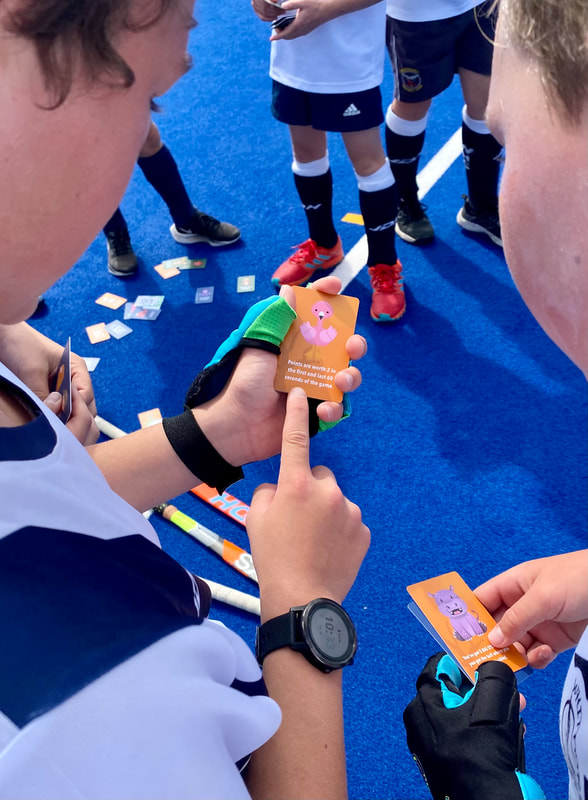Founder of The Coaching Lab
Email: [email protected]
Twitter: @The_CoachingLab @JPR_25
Website: www.TheCoachingLab.org
At the end of each term we host a lighting carnival with a local school, a carnival that aims to provide an opportunity for pupils to learn by doing and have shared experiences of the sport that has been delivered in their lessons for the past 8 weeks. Catering for 100+ year 4 pupils is a constraint in itself and asks us to think differently. Dividing the hockey pitch in 12 mini courts, that would see one young leader facilitate the learning of each 4v4.
Adopting Horst Weins small-sided-games format with double goal model, each pitch had two goals to attack and two goals to protect. The use of this model was to set up as a space that would ignite players interests and begin to develop an understanding of the space and decisions involved with each execution. A question we would reflect on as staff would be; what is the game asking players?
Using The Coaching Lab Animal MatchPlay Cards©, each of the 12 pitches had its own challenge card that both teams would looks to solve, creating a game within a game for players to explore. Hidden to the players, the impact would begin to change their lens of focus from the end score line being the only form of feedback to players trying to solve multiple problems during the game. Players would arrive at their pitch and be invited by coaches to chose one of the Animal MatchPlay Cards©.
The youth game should be centred around developing each individual and providing continual opportunities for growth. I stand by the belief that the smallest thing with the biggest impact is the game format our players play. It was Horst Wein who famously said that the game should be “tailored to fit the child. It should fit the child like a good pair of shoes”
Designed to support coaches and teachers use games as a learning tool with invasion games, you can discover more about the Animal MatchPlay Cards referenced in this blog by visiting www.thecoachinglab.org.




